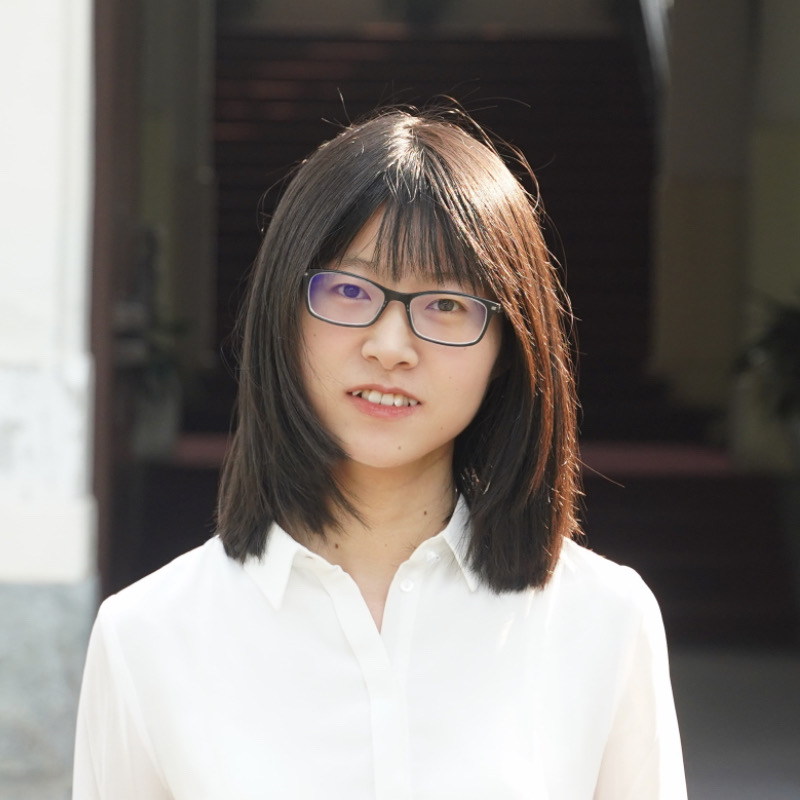
Dr Sky Ma
Max Weber Fellow, European University Institute
Dr. Sky Ma, PhD, SJD, LLM, is currently a Max Weber Fellow at the European University Institute (EUI), and an
incoming postdoctoral researcher at the Max Planck Institute for the Study of Crime, Security
and Law. Sky works on comparative criminal justice, law & tech, data privacy, legal profession,
and evidence law. Sky’s recent project is about the digital transformation of courts and the use of
AI in the judicial decision-making process, adopting a comparative, empirical, and
interdisciplinary approach. She examines how different legal systems have integrated digital
technologies and AI, comparing their effectiveness, risks, and impact on fundamental human
values.
Dr Sky Ma presents her work at the Young Scholars Session.
Title: Digital Natives or AI Dependents? Reconstructing Legal Capacity for Children in AI-Driven Environments
Abstract: When AI understands children better than their parents, do existing laws still hold? As AI increasingly shapes children's learning, play, and relationships, current legal frameworks, especially consent models, fail to address AI’s dynamic and persuasive nature. This paper explores three core tensions. First, AI’s adaptive manipulation creates power imbalances beyond children's cognitive awareness. Second, the blurred lines between tool and agent, as AI makes decisions and forms emotional connections with users. Third, a global governance gap, where laws like COPPA and GDPR-K focus narrowly on privacy, ignoring AI’s deeper developmental impact. The paper proposes a child-centered framework built on transparency, developmental safeguards, and strict accountability. It suggests age-based rules, such as banning manipulative AI for younger children and requiring explainability for adolescents. Shifting focus from data to agency protection, this paper offers a roadmap for reforming AI governance to protect children’s autonomy in the digital age.
Dr Sky Ma presents her work at the Young Scholars Session.
Title: Digital Natives or AI Dependents? Reconstructing Legal Capacity for Children in AI-Driven Environments
Abstract: When AI understands children better than their parents, do existing laws still hold? As AI increasingly shapes children's learning, play, and relationships, current legal frameworks, especially consent models, fail to address AI’s dynamic and persuasive nature. This paper explores three core tensions. First, AI’s adaptive manipulation creates power imbalances beyond children's cognitive awareness. Second, the blurred lines between tool and agent, as AI makes decisions and forms emotional connections with users. Third, a global governance gap, where laws like COPPA and GDPR-K focus narrowly on privacy, ignoring AI’s deeper developmental impact. The paper proposes a child-centered framework built on transparency, developmental safeguards, and strict accountability. It suggests age-based rules, such as banning manipulative AI for younger children and requiring explainability for adolescents. Shifting focus from data to agency protection, this paper offers a roadmap for reforming AI governance to protect children’s autonomy in the digital age.
